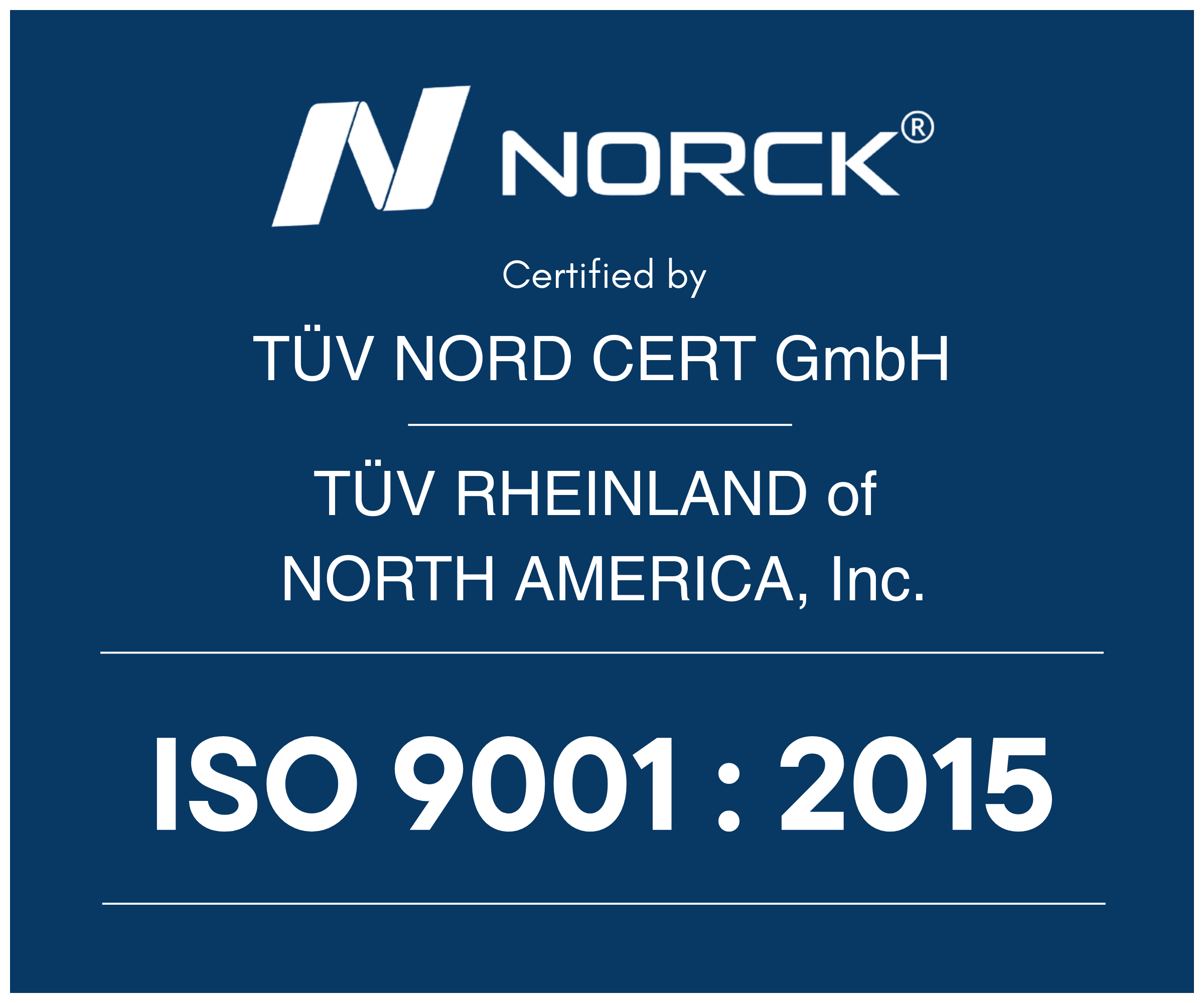1. Metals & Alloys
Purpose: Provide strength, rigidity, conductivity, and durability for core robot components.
Aluminum & Magnesium
- Lightweight frames and structures
- Robotic arms and casings
- Joints and structural skeletons
Steel & Titanium
- Load-bearing robot bodies
- Gears, shafts, and high-durability assemblies
- Precision drive components
Copper & Brass
- Wiring, motor windings
- Connectors and circuit boards
- Power distribution systems
Nickel Alloys
- Heat-resistant actuators
- Corrosion-resistant drive units
- Components for harsh/industrial environments
2. Polymers (Plastics)
Purpose: Provide lightweight, flexible, and insulating components with low friction and high design freedom.
ABS & Polycarbonate
- Protective housings
- Transparent covers
- Modular robot parts
Nylon & PEEK
- High-performance gears and bearings
- Sliding parts with low friction
- Durable internal mechanisms
PTFE (Teflon)
- Low-friction coatings
- Electrical insulation
- Non-stick surfaces
Silicone & Rubber
- Vibration damping systems
- Seals, gaskets, and protective layers
- Flexible robotic grippers and end-effectors
3. Composites
Purpose: Provide high strength-to-weight ratios ideal for precision, aerospace, and high-performance robotics.
CFRP (Carbon Fiber)
- Lightweight robotic arms
- Aerospace and mobile robotics
- Precision end-effectors
GFRP (Glass Fiber)
- Robot enclosures
- Lightweight structural frames
- Impact-resistant safety housings
Hybrid Composites
- Advanced robotics in aerospace, defense, and medical sectors
- Specialized high-performance designs
4. Ceramics
Purpose: Offer extreme hardness, thermal resistance, and excellent electrical insulation.
Alumina & Zirconia
- Bearings
- Cutting tools
- Insulating substrates
Silicon Nitride
- High-speed bearings
- Thermal barriers
- Wear-resistant components
Piezoelectric Ceramics
- Precision sensors
- Actuators
- Ultrasonic devices
5. Semiconductors
Purpose: Enable processing, sensing, and advanced control systems that power robot intelligence.
Silicon
- Microprocessors
- Controllers
- Integrated circuits
Germanium
- Optical sensors
- High-speed electronic circuits
Gallium Arsenide (GaAs)
- Communication modules
- Laser diodes
- Optical systems
Advanced Compound Semiconductors
- AI processors
- Imaging systems
- Robotics control hardware





